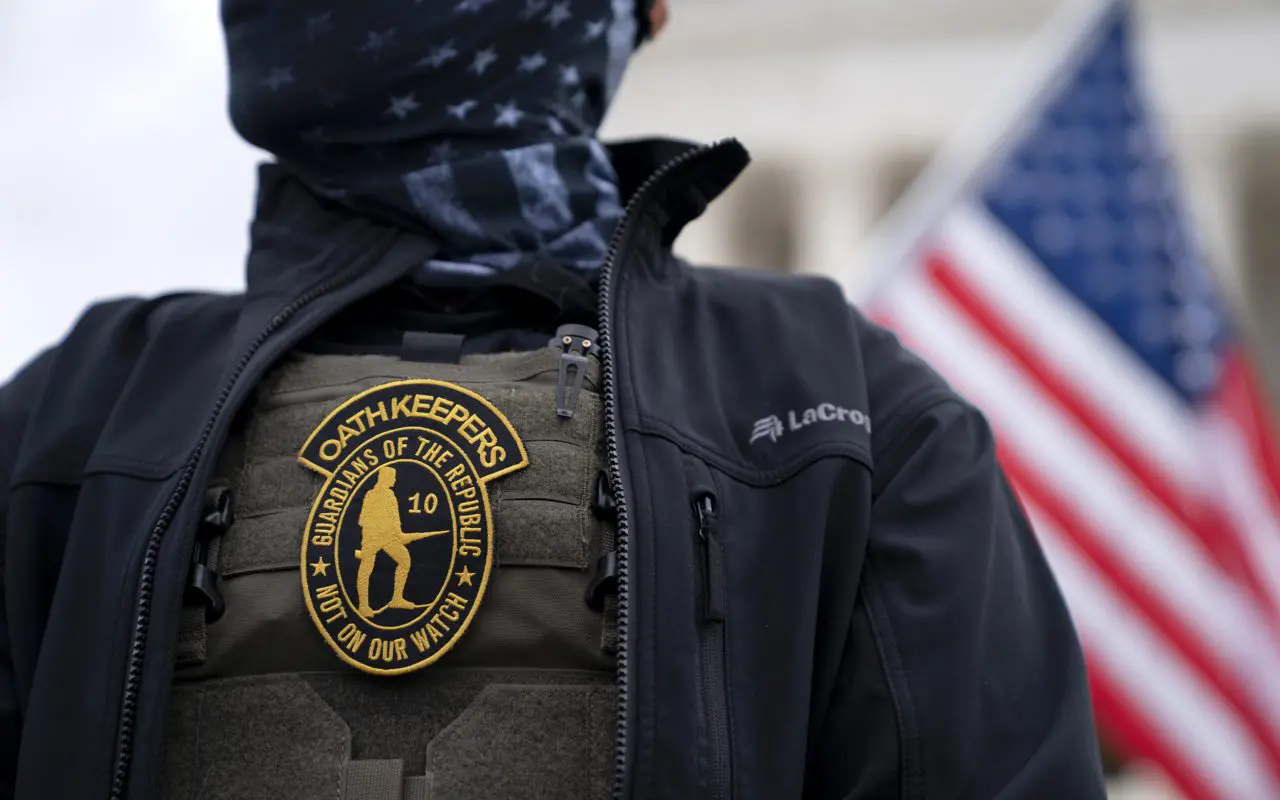Stewart Rhodes, the founder of the far-right Oath Keepers paramilitary group, has been sentenced to 18 years in prison for his role in a seditious conspiracy to disrupt the electoral count. It’s the harshest punishment so far resulting from the violent assault on the Capitol on January 6, 2021, and is especially significant because Rhodes himself was not present at the Capitol that day. Rhodes, a Yale Law School graduate, was convicted last November of the politically charged sedition charge and multiple other felonies.
Rhodes’s conduct was found to amount to terrorism by U.S. District Judge Amit Mehta, a first in a case related to the Jan. 6th attack. This factored into his calculations under the advisory sentencing guidelines. Attorney General Merrick B. Garland stated that the sentences reflect the grave threat these actions posed to democratic institutions.
Ongoing danger of political violence
Rhodes, who never entered the Capitol building during the siege, was nevertheless described as presiding over the action like a general on the battlefield. Even after his arrest, he repeatedly invoked the prospect of political violence — including during his sentencing hearing. Judge Mehta cited Rhodes’s intelligence and charisma as factors that made him dangerous, as they inspired dozens of people to travel to Washington for the electoral count.
Rhodes plans to appeal his conviction and sentence. He testified in his own defense last year, but this decision backfired after inconsistencies were pointed out in his account of his actions leading up to the Capitol siege and his penchant for conspiracy theories.
Kelly Meggs, a co-defendant also convicted of seditious conspiracy and a former leader of Oath Keepers’ Florida chapter, was sentenced to 12 years in prison. The judge heard emotional accounts from police and congressional staffers who continue to suffer from the aftershocks of the assault on their workplace.
Key takeaways from the Rhodes verdict
- The Impact of the Verdict: The sentencing of Stewart Rhodes could influence any sentence Enrique Tarrio, the former chairman of the far-right Proud Boys group, will face on the same charge later this summer. This case sets a precedent for future cases related to the Jan. 6th attack.
- The Role of Rhodes in the Capitol Siege: Despite not entering the Capitol building, Rhodes played a significant role in the events of January 6. His leadership and influence over the Oath Keepers were highlighted during the trial.
- The Aftermath of the Assault: The emotional trauma inflicted on the police and congressional staffers present during the assault continues to be felt. The sentencing of Rhodes and Meggs is one important step towards holding those responsible accountable for their actions.
